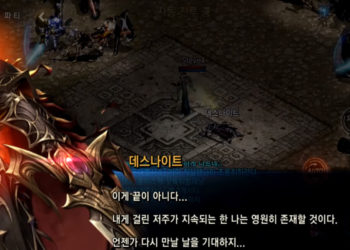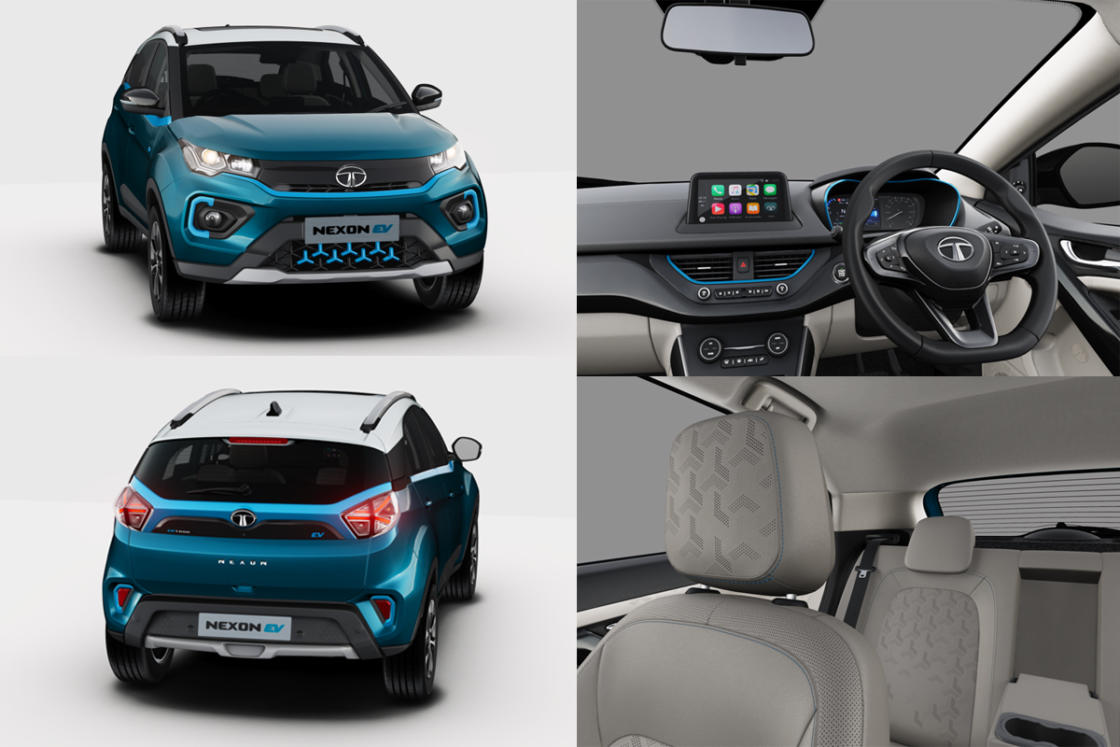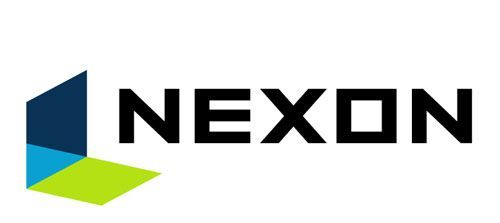In the run-up to acquire Korean gaming giant Nexon, known global financial companies based in Hong Kong including JP Morgan are visiting South Korea to contact local financial companies. Since the sales volume (up to 15 trillion won(US$15 billion)) is expected to exceed 7 trillion won (US$7 billion), domestic and foreign financial companies are joining forces to form a financing structure. Moreover, Nexon has five times the value of intangible assets rather than tangible assets, which limits Korean financial firms, who are accustomed to financing based on collateral, to form structures on their own.
According to M&A industries on the 17th March, it was confirmed that working-level officials from 5 to 6 global IBs including JP Morgan, Credit Swiss (CS), and BNP Paribas, which are based in Hong Kong, visited Korea and contacted commercial banks and securities companies. They are said to have discussed ways to arrange acquisition financing together with local financial companies for the sale of Nexon, which is set to be held next month.
Nexon decided to sell its parent company NXC and conducted a preliminary bid for 98.64 per cent of its stake. The company is currently conducting due diligence on the bidders. Deutsche Bank, the main bidder for the sale, will open when the due diligence is completed. It is highly likely that the main bidding will be held next month, and management companies of large private equity funds (PEF) such as MBK Partners, KKR, and Bain Capital will participate as well as strategic investors (SI) such as Kakao and Tencent.
The problem is a huge ransom, estimated at up to 15 trillion won (US$15 billion). Although it may vary depending on the structure of financing and how it is planned to be sold. IB industries estimate that amount of acquisition will reach between 7~8 trillion won. “Although it is true that it is an attractive sale since only 3 per cent of the loan rate can be raised to more than 200 billion won (US$200 million) a year, it is practically impossible to invest all of the funds in a game company that has no tangible assets as collateral,” an official from the IB industry said. “It is the reality of Korean financial companies that are hard to predict and analyze Nexon’s Future in 10 years objectively.”
At the end of 2017, the value of the NXC’s intangible assets reached 1.11 trillion won (US$1.11 billion) based on book value, while the value of land and buildings among tangible assets was only 269.8 billion won (US$269.8 million). This means it is difficult for a Korean financial company accustomed to mortgage loans to make large-scale investments.
Global IBs are also focusing on these weaknesses. Since about 70 per cent of Nexon`s sales are taking place overseas, some say that it proposed a plan to divide acquisition funds into two transits: the Korean won and the foreign currency to be managed by a local financial company and a foreign company, respectively.
Another variable is whether China’s biggest game company Tencent will participate or not. If Tencent participates in the main bidding, it can ignite once again the sales fever that has become somewhat withered. There is also a possibility that Tencent, which has a huge amount of funding, will attract Chinese-American IBs to reorganize its financing structure.







